If you are taking antidepressants for depression, you might wonder if it is safe to drink alcohol. After all, drinking alcohol is a common way to cope with stress and relax. However, combining alcohol and antidepressants can be a dangerous mix.
Alcohol and Depression
Alcohol and depression have a complex and bidirectional relationship. On one hand, alcohol can trigger or worsen depression by affecting your brain chemistry, disrupting your sleep, and impairing your judgment.
On the other hand, depression can lead to alcohol abuse or dependence, as some people may use alcohol to self-medicate their symptoms or escape from their problems. Either way, alcohol use can interfere with the effectiveness of depression treatment and impede recovery.
Why is It Bad to Mix Antidepressants and Alcohol?
Mixing antidepressants and alcohol is harmful for several reasons.
- Reduced Effectiveness: Alcohol weakens antidepressant efficacy, potentially making depression worse.
- Increased Side Effects: Drinking alcohol while taking antidepressants can significantly increase the side effects, such as drowsiness, dizziness, nausea, and headaches. This can impair your ability to function normally and increase the risk of accidents or injuries.
- Interactions: Some antidepressants (e.g., MAOIs, TCAs) interact dangerously with alcohol, causing high blood pressure, irregular heartbeat, or seizures.
Call Design for Recovery to Begin Your Healing Journey!
Reach out to our team to discuss sober living options and next steps toward a healthier routine.
Types of Antidepressants
There are different types of antidepressants available, and they work in slightly different ways. Some of the most common types are:
- Selective serotonin reuptake inhibitors (SSRIs): SSRIs are antidepressants that increase serotonin, which regulates mood, anxiety, and happiness. Selective serotonin reuptake inhibitors are usually the first option for treating depression because they have fewer side effects than other antidepressant drugs.
- Serotonin and norepinephrine reuptake inhibitors (SNRIs): SNRIs increase both serotonin and norepinephrine, another neurotransmitter that affects mood, attention, and energy. SNRIs may be more effective than other antidepressant drugs for some people, especially those with severe or chronic depression.
- Tricyclic antidepressants (TCAs): Tricyclic antidepressants increase serotonin and norepinephrine levels and block the action of another neurotransmitter called acetylcholine. TCAs are older than SSRIs and SNRIs and tend to have more side effects.
- Monoamine oxidase inhibitors (MAOIs): These antidepressants work by inhibiting monoamine oxidase, an enzyme that breaks down vital neurotransmitters like serotonin, norepinephrine, and dopamine in the brain.
- Other classes of antidepressants include norepinephrine and dopamine reuptake inhibitors (NDRIs), serotonin antagonists and reuptake inhibitors (SARIs), and atypical antidepressants.
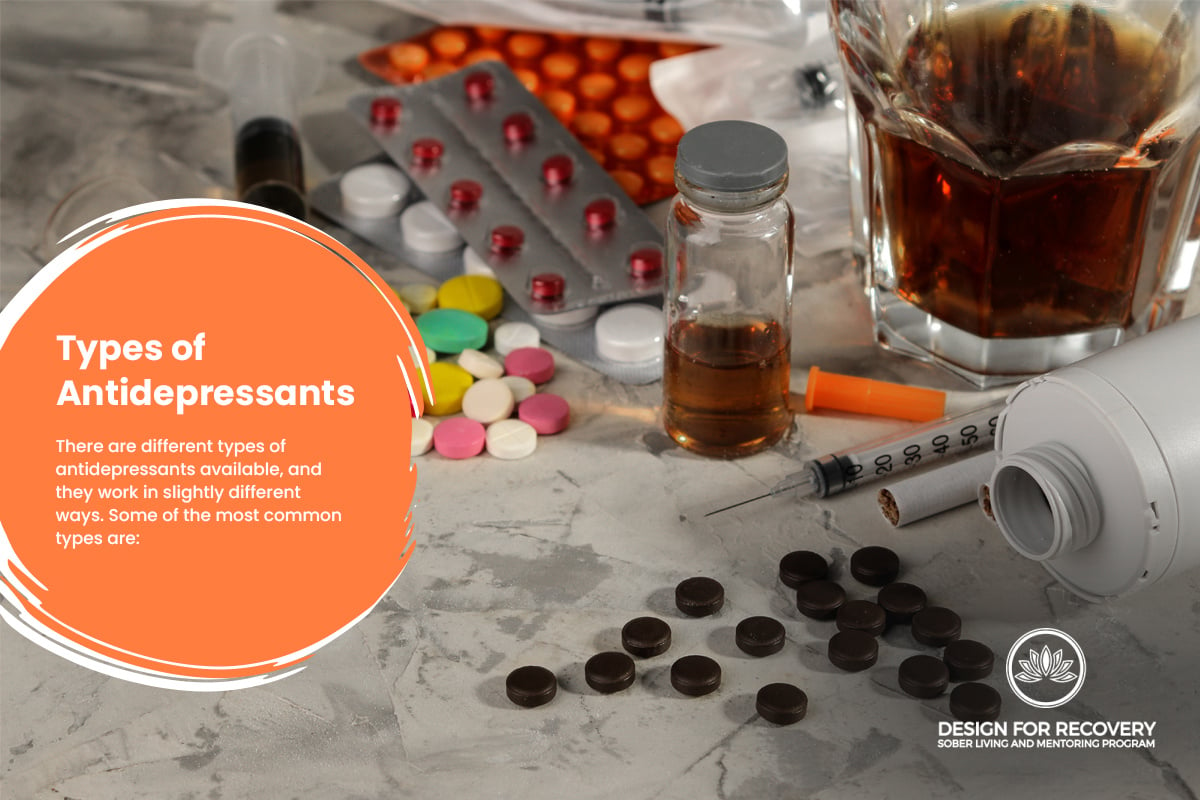
Side Effects Based on Type of Antidepressant
Different types of antidepressants may interact differently with alcohol, leading to varied risks and side effects.
In general, drinking is not advisable while taking any antidepressant, as alcohol can worsen depression symptoms, reduce the effectiveness of prescription medications, and increase the risk of liver damage, bleeding problems, drowsiness, dizziness, and impaired coordination.
However, some types of antidepressant medication may have more severe interactions with alcohol than others.
For example:
- SSRIs may increase the risk of gastrointestinal bleeding when combined with alcohol.
- SNRIs may increase blood pressure when combined with alcohol.
- TCAs may cause an irregular heartbeat or low blood pressure when combined with alcohol.
- MAOIs may cause a hypertensive crisis when combined with alcohol or any food or drink that contains tyramine.
Is Mixing Alcohol With Antidepressants a Sign of Alcoholism?
Many may wonder if mixing alcohol with antidepressants is a sign of alcoholism. The answer is not so simple.
While some individuals may abuse alcohol to cope with their depression or or enhance their medication’s effects, this does not necessarily mean that they have an alcohol use disorder.
However, mixing alcohol with antidepressants can cause dangerous reactions. Even the occasional or unintentional mixing of alcohol and antidepressants can be harmful and should be avoided.
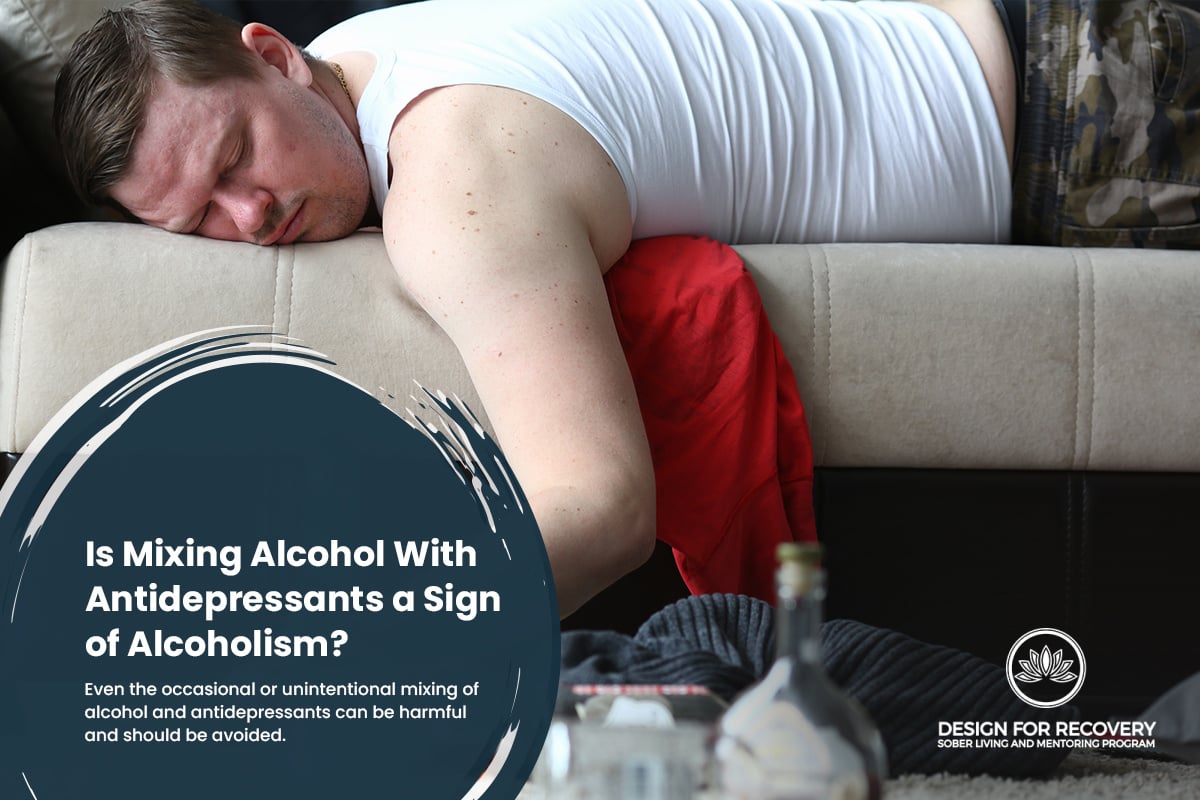
Contact Design for Recovery Today!
Fill out our quick form to connect with a peer mentor and learn how our sober living community supports accountability, structure, and personal growth in recovery.
Who is at Risk of Mixing Alcohol and Antidepressants?
Anyone who drinks alcohol while taking antidepressant medications is at increased risk of experiencing adverse effects. However, some people may be at higher risk of mixing alcohol and antidepressants than others.
- History of Substance Use: People with a history of alcohol misuse or substance use disorders might drink more than intended due to higher tolerance. They might be abusing alcohol to cope with stress, worsening the situation.
- Lack of Awareness: Those unaware of the risks might not realize the interactions and side effects of combining alcohol and antidepressants. Ignoring medication labels and healthcare provider advice can your mental and physical health.
- Depression or Antidepressant Use: People with depression or on antidepressants might be more susceptible to alcohol’s effects on mood and cognition. Reducing alcohol intake could lead to intensified withdrawal or depression symptoms.
If you’re struggling with depression and alcohol abuse, consult healthcare professionals about alcohol consumption while on antidepressants. Monitor your drinking habits and seek assistance if problematic drinking patterns or alcohol dependence emerge.
When is Mixing Drugs and Alcohol a Problem, and Where Can Someone Go for Help?
Mixing drugs and alcohol is always a problem and should be avoided due to potential risks and interactions. Even if you don’t experience any immediate negative effects, combining these two substances can have long-term consequences for one’s physical and mental health.
If you are concerned about your own or someone else’s problem drinking or alcohol dependence while taking antidepressant medications, seek help as soon as possible through:
- Healthcare Provider or Pharmacist: They can guide you on safe alcohol use with your medication and make adjustments if needed.
- Helpline or Hotline: Get confidential advice and local referrals for alcohol-related issues and mental health conditions.
- Support Groups or Peer Networks: Connect with others facing similar challenges for emotional support.
- Addiction Treatment Center: They offer comprehensive plans, including detox, therapy, and relapse prevention for substance use disorder and other mental health issues.
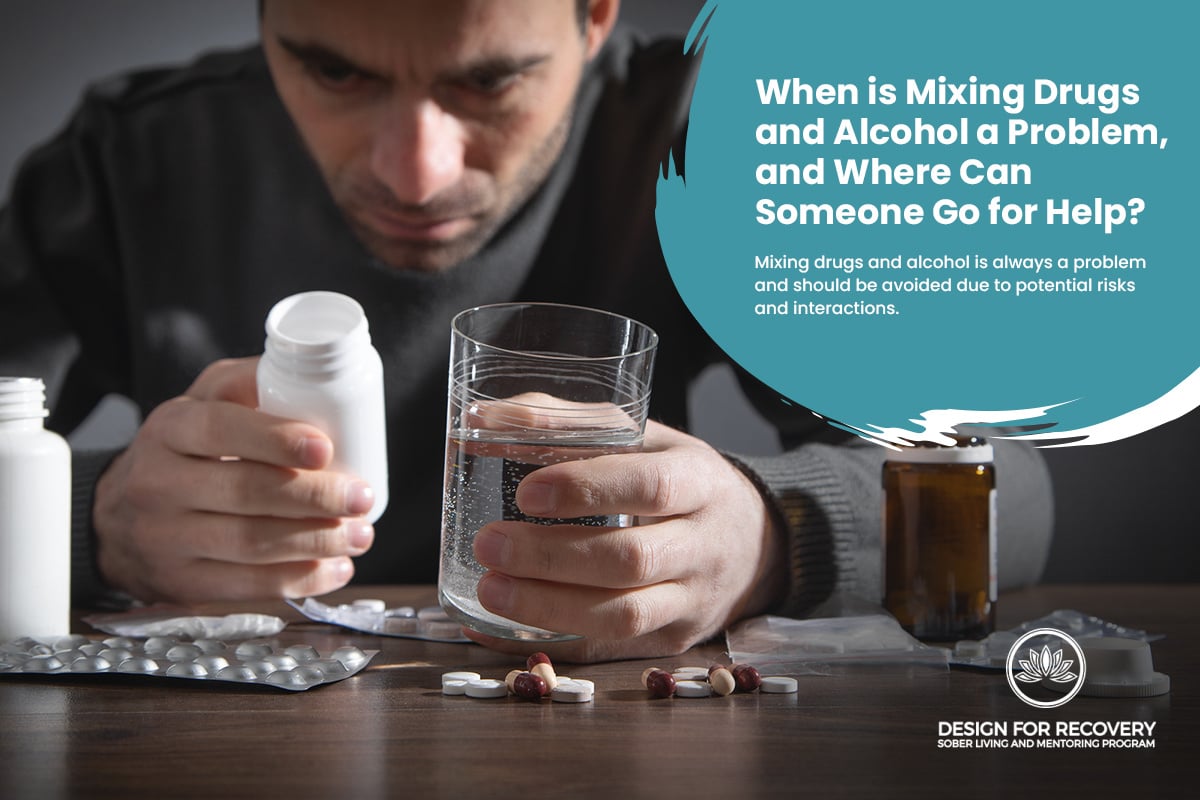
Is There Always a Danger When Mixing Alcohol and Antidepressants?
It’s generally advised to avoid drinking alcohol when taking antidepressants due to the potential long-term health problems. Still, different factors can influence the level of risk and the possible consequences of this combination.
- Type of Antidepressant: Different classes of antidepressants interact differently with alcohol. Some intensify sedative effects, leading to drowsiness and coordination issues, while others reduce alcohol’s pleasurable effects, potentially increasing consumption and dependence. Serious side effects can also occur.
- Dosage: Higher antidepressant doses increase the chance of alcohol interference, affecting medication levels in the body and risking overdose.
- Individual Tolerance: Genetics, metabolism, weight, age, and more influence how alcohol and antidepressants impact an individual.
- Health Conditions: Medical issues, like liver or heart disease, can heighten vulnerability to antidepressant-alcohol interactions, especially when combined with other medications.
Embrace a Life of Recovery at Design for Recovery Sober Living Home
If you or a loved one are navigating the complexities of depression and alcohol use disorder, Design for Recovery Sober Living Home offers a haven for healing and growth.
Discover a community that understands your journey and is committed to providing the tools and resources you need to reclaim your life. Whether you’re looking for a fresh start or seeking guidance for a brighter future, Design for Recovery is here to walk beside you.
Your mental health and well-being deserve a dedicated partner – let us be that source of support on your journey. Contact us now to learn more about our compassionate approach and take the first step toward a life of recovery.
- Alcohol and Depression
- Why is It Bad to Mix Antidepressants and Alcohol?
- Types of Antidepressants
- Side Effects Based on Type of Antidepressant
- Is Mixing Alcohol With Antidepressants a Sign of Alcoholism?
- Who is at Risk of Mixing Alcohol and Antidepressants?
- When is Mixing Drugs and Alcohol a Problem, and Where Can Someone Go for Help?
- Is There Always a Danger When Mixing Alcohol and Antidepressants?
- Embrace a Life of Recovery at Design for Recovery Sober Living Home
Begin Lasting Sobriety Now!
Frequently Asked Questions
Mixing alcohol with antidepressants can lead to unpredictable reactions, worsening side effects, and potentially reducing the antidepressant medication’s effectiveness.
No antidepressant is safe to mix with alcohol. It’s better to avoid alcohol altogether when you’re on these medications.
Even a little alcohol can be risky when you’re on antidepressants. It’s best to skip the alcohol altogether while taking these medications.
It’s a good idea to wait until you’ve finished your antidepressant treatment before drinking. Talk to your doctor for advice.
Avoid alcohol, other drugs, and certain foods that can interact with your medication and worsen symptoms. Stick to your doctor’s instructions to stay safe.
Having a moderate amount of coffee is generally safe with many antidepressants. Just keep an eye on your caffeine intake.
In general, alcohol doesn’t mix well with any medication. It can lead to bad effects and make your prescription medication less effective.
Skipping your antidepressant can mess up your treatment and might make your depressive symptoms worse. It’s important to take them as prescribed.
Graham, Kathryn, and Massak, Agnes. “Alcohol Consumption and the Use of Antidepressants.” CMAJ : Canadian Medical Association Journal, vol. 176, no. 5, 2007, pp. 633-637, https://doi.org/10.1503/cmaj.060446. Accessed 9 Aug. 2023.
Horrell, Jane, et al. “Alcohol Misuse in Patients with Alcohol?Related Liver Disease: How Can We Do Better? A Narrative Review of the Literature.” Alcoholism, Clinical and Experimental Research, vol. 46, no. 8, 2022, pp. 1364-1370, https://doi.org/10.1111/acer.14895. Accessed 9 Aug. 2023.
Turner, Sarah, et al. “Self?Medication with Alcohol or Drugs for Mood and Anxiety Disorders: A Narrative Review of the Epidemiological Literature.” Depression and Anxiety, vol. 35, no. 9, 2018, pp. 851-860, https://doi.org/10.1002/da.22771. Accessed 9 Aug. 2023.
Schuckit, Marc. “Alcohol, Anxiety, and Depressive Disorders.” Alcohol Health and Research World, vol. 20, no. 2, 1996, pp. 81 85, https://www.ncbi.nlm.nih.gov/pmc/articles/PMC6876499/. Accessed 9 Aug. 2023.
Williams, D, et al. “Association between SSRIs and Upper Gastrointestinal Bleeding : Coprescription of Antiulcer Drugs with SSRIs Is Fairly Common.” BMJ : British Medical Journal, vol. 320, no. 7246, 2000, p. 1405, https://www.ncbi.nlm.nih.gov/pmc/articles/PMC1118062/. Accessed 9 Aug. 2023.




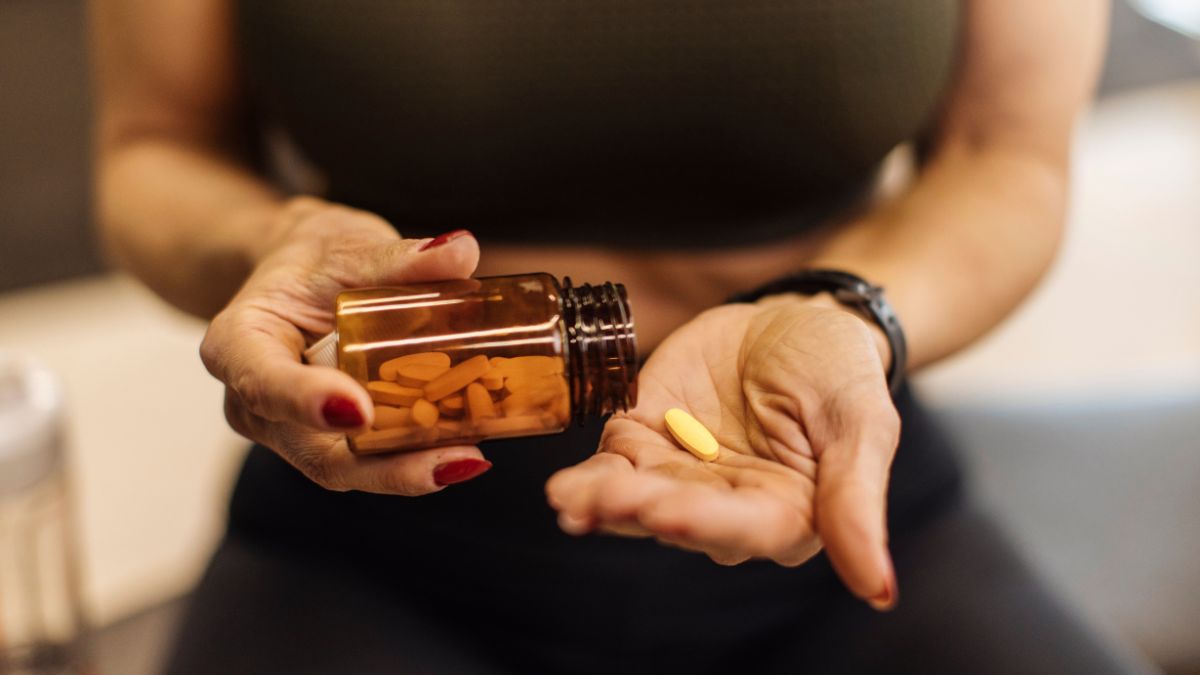
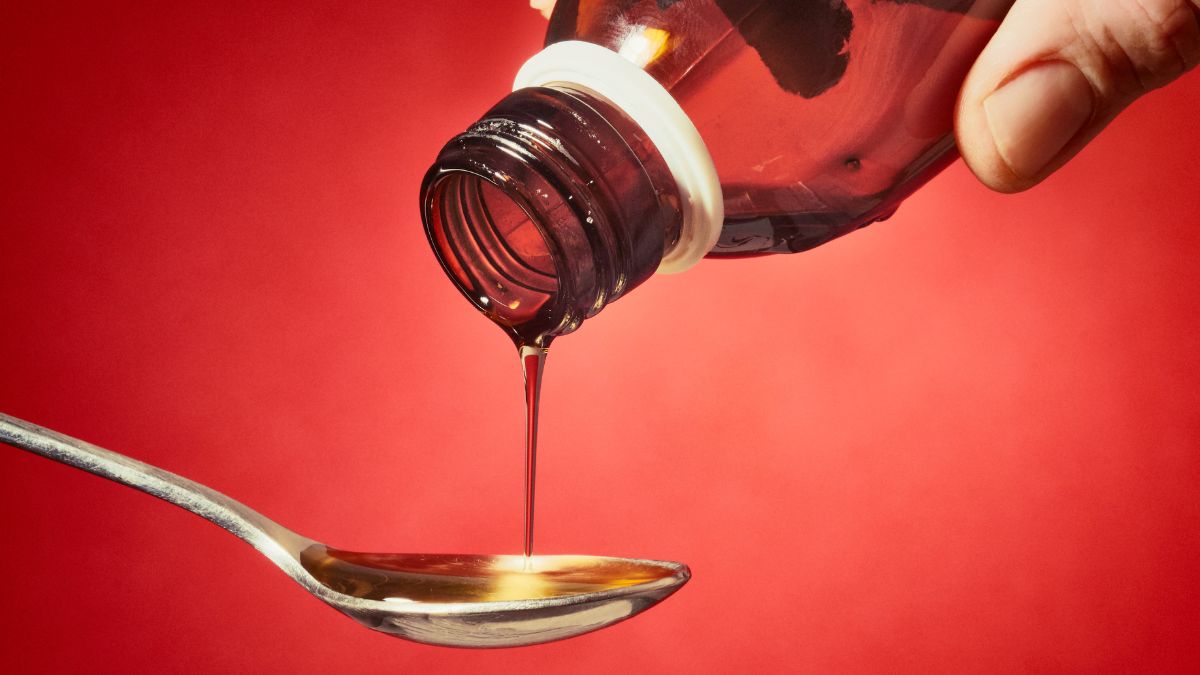
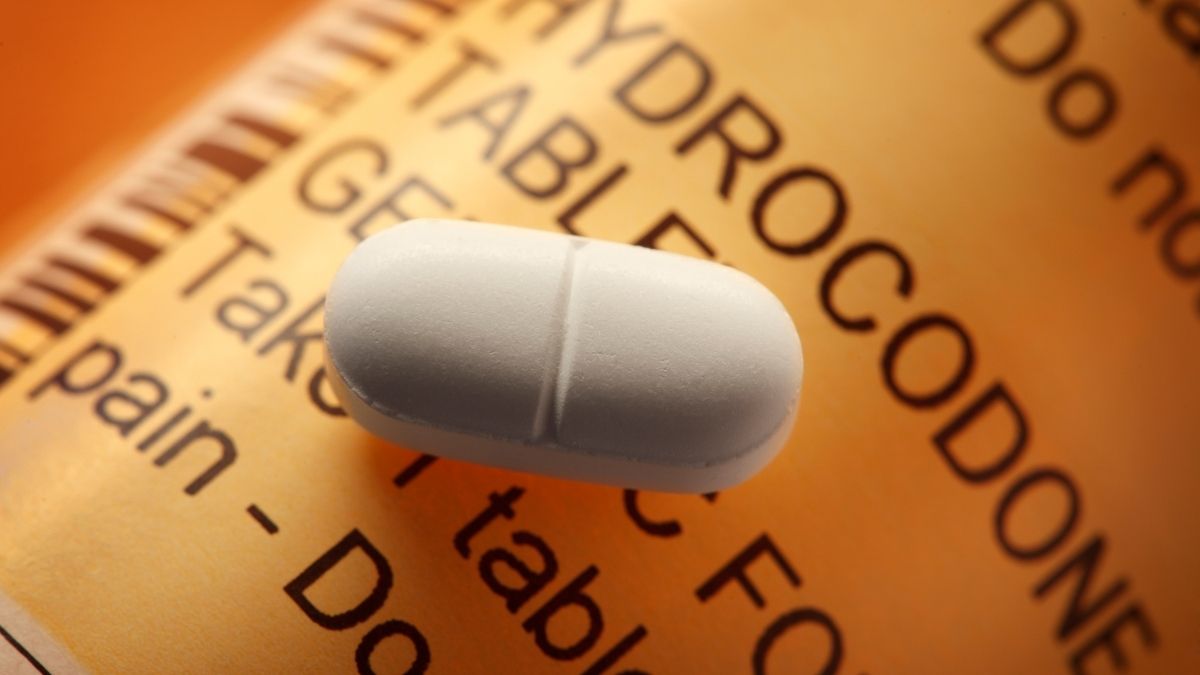
Written By
David Beasley